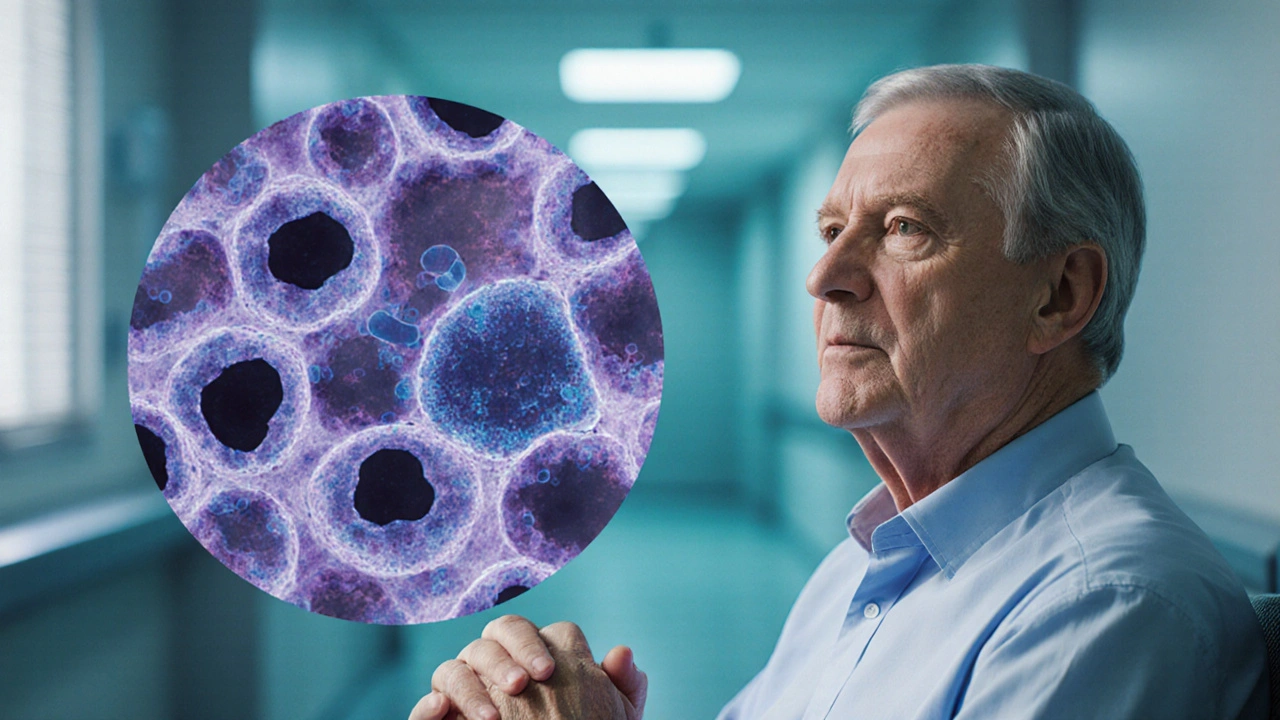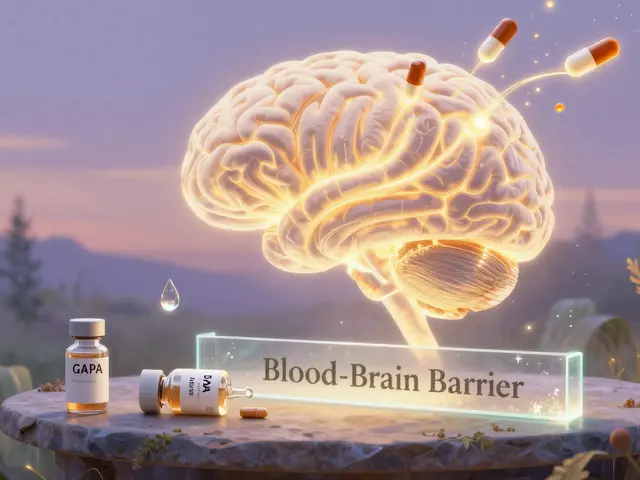Chronic Lymphocytic Leukemia – Everything You Need to Know
When working with Chronic Lymphocytic Leukemia, a slow‑growing cancer of the blood’s B‑lymphocytes. Also known as CLL, it primarily affects older adults and often shows up during routine blood tests. This disease is a type of B‑cell malignancy, a group of cancers that arise from B‑lymphocytes. Managing CLL usually requires targeted therapy, drugs that zero in on specific molecular pathways in cancer cells, and increasingly, immunotherapy, treatments that boost the immune system’s ability to attack malignant cells. In short, chronic lymphocytic leukemia is a type of B‑cell malignancy, it requires targeted therapy, and immunotherapy influences patient outcomes.
Why This Page Matters
Understanding Chronic Lymphocytic Leukemia starts with a clear picture of how the disease is diagnosed and staged. Doctors look at blood counts, flow cytometry, and genetic markers such as del(13q) or TP53 mutations to gauge aggressiveness. These factors decide whether a watch‑and‑wait approach is safe or if immediate therapy is warranted. Clinical trials drive the discovery of newer agents, meaning that today's standard of care can shift quickly. For patients, this translates into more options: BTK inhibitors like ibrutinib, BCL‑2 blockers such as venetoclax, and even CAR‑T cell products for high‑risk cases. Side‑effect profiles vary, so physicians balance effectiveness with quality‑of‑life considerations, often incorporating supportive care like growth‑factor injections or anti‑infection prophylaxis.
The treatment landscape for CLL has moved far beyond traditional chemotherapy. Oral agents allow patients to stay at home while maintaining disease control, and combination regimens can achieve deep remissions that were once rare. Lifestyle factors—regular exercise, balanced nutrition, and smoking cessation—also play a supportive role, helping the immune system stay robust. Insurance coverage and access to specialty pharmacies are practical hurdles many face, so understanding generic alternatives and patient assistance programs is essential. Below, you’ll find a curated collection of articles that dive into specific drugs, compare treatment pathways, and answer common questions about living with CLL. Use these resources to shape your next conversation with a healthcare provider or to simply stay informed about the evolving world of chronic lymphocytic leukemia.

Stem Cell Transplants for Chronic Lymphocytic Leukemia: How They Work and What to Expect
Explore how stem cell transplants, both allogeneic and autologous, are used to treat chronic lymphocytic leukemia, covering eligibility, outcomes, risks, and emerging therapies.
Read More




